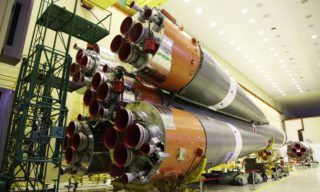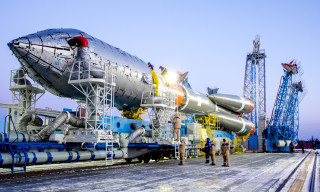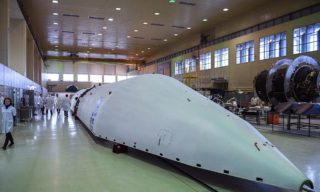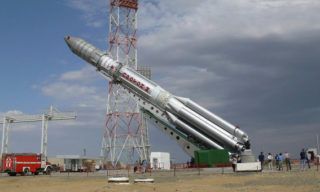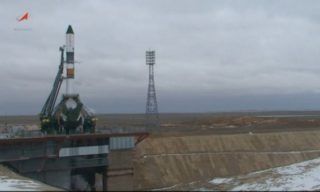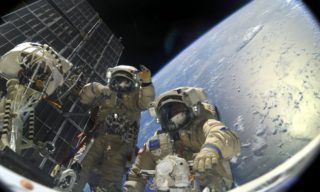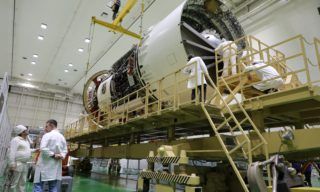In accordance with the flight program of the International Space Station (ISS), on February 26, 2019, a planned correction of the ISS orbit was performed.
To carry out the maneuver, at 05:21 Moscow time, the engine system of the “Progress MS-10” cargo vehicle, docked to the ISS, was turned on.
The working time of the engine system was 434 seconds.
As a result, the station received a speed increasing of 0.91 m / s.
According to the data of the ballistic-navigation support service of the Mission Control Center, the parameters of the ISS orbit after the maneuver were:
– the minimum height above the Earth’s surface is 406.6 km,
– the maximum height above the Earth’s surface is 428.5 km,
– period of circulation – 92.678 minutes,
– orbit inclination – 51.65 degrees.
The purpose of the correction was the formation of ballistic conditions for launching and docking of the “Soyuz MS-12” spacecraft.





